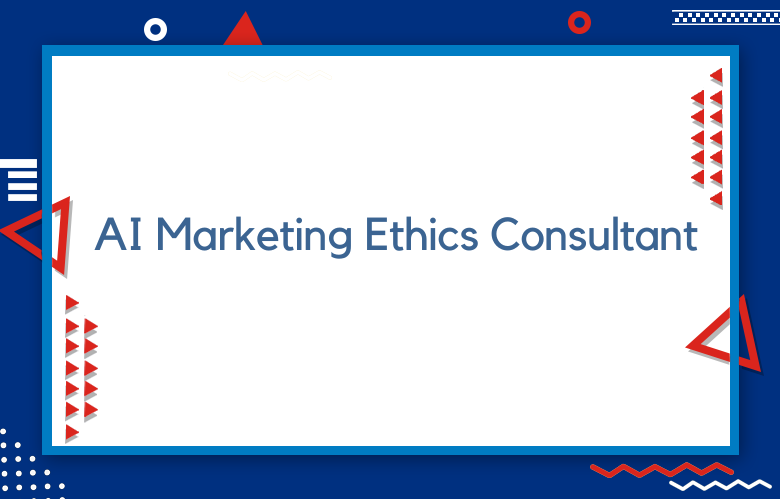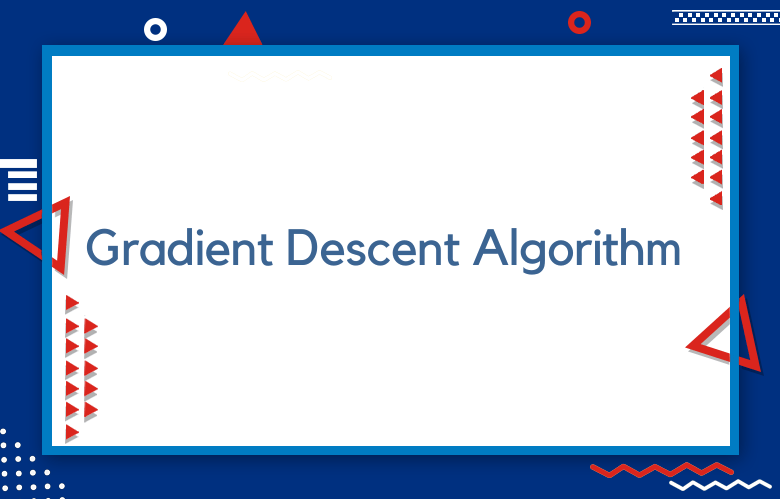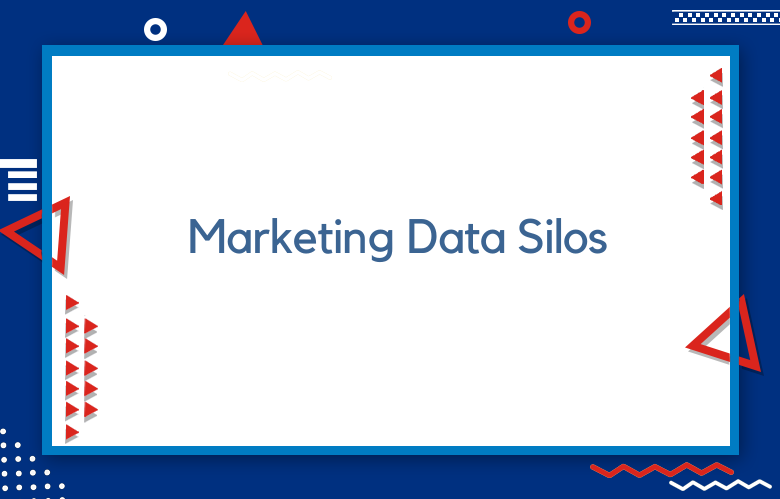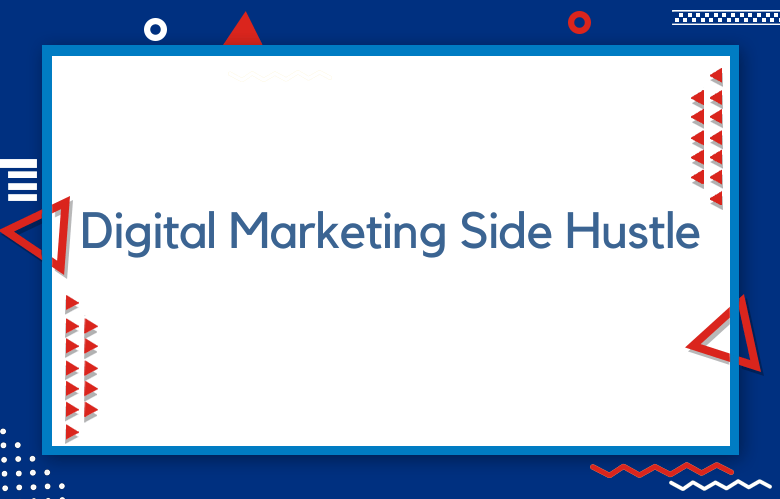How an AI Marketing Ethics Consultant Boosts Responsible AI Practices

In an era where artificial intelligence increasingly drives marketing decisions, the role of AI Marketing Ethics Consultants has become pivotal in ensuring the responsible implementation of AI-powered marketing strategies. This technical deep-dive explores this emerging specialization’s multifaceted responsibilities, challenges, and requisite expertise.
The Growing Role of AI Marketing Ethics Consultants
Artificial intelligence (AI) is revolutionizing marketing, from personalized recommendations to automated customer interactions. However, with great power comes great responsibility. An AI Marketing Ethics Consultant ensures that AI-driven marketing strategies remain ethical, transparent, and consumer-friendly. Their role is crucial in minimizing potential harms, safeguarding consumer trust, and aligning AI applications with ethical standards.
Many businesses assume that AI ethics is only a concern for tech giants. However, AI marketing ethics should be a priority for companies of all sizes, as ethical missteps can lead to regulatory fines, brand reputational damage, and customer distrust.
The Evolution of AI in Marketing
The integration of AI in marketing has introduced unprecedented capabilities for personalization, predictive analytics, and automated decision-making. However, this advancement has brought forth complex ethical considerations that demand specialized oversight. Recent studies indicate that 78% of consumers express concern about how their data is used in AI-driven marketing, highlighting the critical need for ethical governance.
The Rising Importance of Ethical AI in Marketing
In 2023, major companies faced public backlash due to AI-generated content that misrepresented facts, invaded consumer privacy, or promoted biased messaging. Google’s parent company, Alphabet, lost $100 billion in market value when its Bard chatbot provided incorrect information. These incidents highlight the ethical risks in AI-powered marketing and the importance of responsible AI oversight.
Ignoring ethical AI in marketing is no longer an option. Studies show biased AI-driven ad targeting can reinforce discrimination, and misleading AI-generated content can erode trust. Consumers are more aware than ever of how brands use their data, and ethical concerns directly impact purchasing decisions.
Major Ethical Concerns in AI Marketing
AI marketing raises several significant ethical concerns, primarily revolving around data privacy and security, transparency and accountability, fairness and bias, and manipulation and deception:
- Data Privacy and Security: The extensive use of personal data in AI marketing increases the risks of data breaches and misuse. Regulations like GDPR and CCPA require businesses to implement stringent data protection measures, including anonymization, encryption, and regular audits.
- Transparency and Accountability: Consumers need to know when interacting with AI-generated content. Transparent AI practices, clear data usage disclosures, and accountability mechanisms, such as independent audits and governance frameworks, are crucial for ethical AI adoption.
- Fairness and Bias Mitigation: AI algorithms can reinforce biases if trained on unrepresentative data. Businesses must conduct regular bias audits, use diverse datasets, and involve multidisciplinary teams to ensure AI marketing systems promote fairness.
- Manipulation and Deception: AI’s ability to analyze digital footprints can lead to manipulative marketing tactics that exploit consumer vulnerabilities. Ethical AI marketing should focus on empowering consumers rather than misleading them.
Why Your Business Needs an AI Marketing Ethics Consultant
Whether your company develops AI marketing tools or uses third-party AI solutions, an AI Marketing Ethics Consultant can help maintain ethical integrity. Their responsibilities include:
- Identifying Ethical Risks: AI Marketing Ethics Consultants act as your brand’s ethical compass, detecting potential biases in AI-driven advertising, recommendation engines, or personalization algorithms.
- Ensuring Compliance: AI marketing is subject to increasing regulations such as the EU’s AI Act, GDPR, and evolving consumer protection laws. An AI ethics consultant ensures your marketing practices align with legal standards, preventing legal troubles and brand damage.
- Building Consumer Trust: Transparency is key in AI-driven marketing. Ethics consultants help businesses implement responsible AI disclosures, fostering trust among customers and stakeholders.
Why Marketing Teams Need an AI Ethics Consultant
Marketers must navigate complex ethical terrain when deploying generative AI for content creation or programmatic ad-buying platforms. An AI Marketing Ethics Consultant provides critical guidance by:
Mitigating Algorithmic Bias in Campaigns
- AI models trained on historical data often inherit biases (e.g., gender-based job ad targeting). Consultants audit datasets and algorithms to identify skewed patterns, ensuring customer segmentation and ad delivery fairness.
- Example: A consultant might recalibrate a credit card company’s AI to avoid excluding applicants from marginalized neighborhoods.
Ensuring Regulatory Compliance
- Marketing-specific regulations like GDPR, CCPA, and FTC guidelines mandate transparent data usage. Consultants map AI workflows to legal requirements, avoiding fines (up to 4% of global revenue under GDPR) and reputational fallout.
- Key focus areas: Consent management, data anonymization, and explainability in automated decisions.
Building Consumer Trust Through Transparency
- 74% of consumers demand clarity on how their data fuels AI-driven experiences. Consultants help brands disclose AI use (e.g., labeling AI-generated content) and simplify privacy policies.
- Tools: Audit trails for ad targeting logic and “ethical explainability” dashboards for stakeholders.
Preventing Manipulative Practices
- AI can exploit cognitive biases (e.g., urgency tactics in dynamic pricing). Consultants establish guardrails to balance persuasion with respect for consumer autonomy.
Beyond Compliance: Embedding Ethical AI in Marketing Practices
AI Marketing Ethics Consultants do more than ensure regulatory compliance. They proactively integrate ethical AI principles into the core of marketing strategies, ensuring AI is used responsibly across all touchpoints. Key responsibilities include:
- Developing Ethical AI Marketing Guidelines: A clear framework ensures AI is used responsibly, prevents deceptive advertising, and protects consumer privacy.
- Regular AI Audits: Ethical audits ensure AI marketing tools do not perpetuate biases, manipulate consumer behavior unfairly, or misuse personal data.
- Training Marketing Teams: Marketers must understand the ethical implications of AI-powered strategies. Regular training equips them with the knowledge to use AI responsibly and avoid ethical pitfalls.
Key Skills of an AI Marketing Ethics Consultant
To navigate the intersection of marketing, AI, and ethics, consultants require a hybrid skill set:
Skill Category Technical & Marketing-Specific Competencies
Technical Expertise
- Proficiency in marketing AI tools (CRM analytics, CDPs, programmatic platforms).
- Mastery of Python/R for bias testing (e.g., Fairlearn, IBM AIF360).
- Knowledge of NLP for sentiment analysis and generative content ethics.
Regulatory Knowledge
- Expertise in GDPR, CCPA, and FTC’s AI guidelines.
- Experience implementing consent management platforms (CMPs) like OneTrust.
Ethical Frameworks
- Application of ethical theories (deontology, utilitarianism) to ad targeting.
- Familiarity with AI ethics guidelines (AMA’s AI Principles, IAB standards).
Analytical Rigor
- Statistical analysis of algorithmic fairness (disparate impact ratios).
- Root-cause analysis of biased outputs in recommendation systems.
Communication
- Translating technical risks for CMOs (e.g., “How biased CLV models skew ad spend”).
- Crafting consumer-facing transparency reports.
Ethical AI Marketing by the Numbers
Data shows that businesses take AI ethics seriously:
- A 2023 study by KPMG identified AI ethics as one of the top five corporate priorities.
- 78% of consumers say they will stop buying from a company if they discover unethical AI use in its marketing.
- Regulators worldwide are introducing AI governance laws, making ethical AI compliance a necessity rather than an option.
Key Skills of a Successful AI Marketing Ethics Consultant
To become an AI Marketing Ethics Consultant, a combination of technical expertise, ethical understanding, analytical abilities, and communication skills is essential.
The Future of Ethical AI in Marketing
AI is reshaping the marketing landscape, but without ethical oversight, it can lead to privacy violations, deceptive advertising, and consumer distrust. Businesses that proactively integrate ethical AI practices will comply with regulations and strengthen customer loyalty and brand reputation.
Brands prioritizing ethical AI marketing will dominate in an era of heightened consumer awareness. By partnering with an AI Marketing Ethics Consultant, organizations can:
- Avoid costly scandals (e.g., discriminatory ads, data breaches).
- Differentiate through ethical branding (e.g., “Certified Responsible AI” labels).
- Drive long-term loyalty by aligning AI strategies with consumer values.
Core Ethical Concerns in AI Marketing
Data Privacy and Security Architecture
- Implementation of privacy-preserving machine learning techniques
- Development of robust data anonymization protocols
- Integration of federated learning approaches for distributed data processing
- Implementation of differential privacy mechanisms
Algorithmic Fairness and Bias Mitigation
- Assessment of training data representation metrics
- Implementation of debiasing techniques in recommendation systems
- Development of fairness constraints in marketing optimization algorithms
- Regular audit protocols for bias detection and correction
Transparency and Explainability
- Implementation of model-agnostic explanation systems
- Development of interpretable AI frameworks for marketing decisions
- Integration of explainable AI (XAI) techniques in customer targeting
- Documentation standards for algorithmic decision-making
Technical Competencies Required for AI Marketing Ethics
Core Technical Skills
- Proficiency in machine learning frameworks (TensorFlow, PyTorch)
- Experience with privacy-preserving computation techniques
- Knowledge of fairness-aware machine learning algorithms
- Expertise in causal inference and A/B testing methodologies
Data Science and Analytics
- Advanced statistical analysis and hypothesis testing
- Predictive modeling and time series analysis
- Natural Language Processing for content analysis
- Computer vision for marketing creative optimization
Ethics and Compliance
- Deep understanding of ethical AI frameworks (IEEE, EU Guidelines)
- Knowledge of privacy regulations (GDPR, CCPA, PIPEDA)
- Experience with ethical risk assessment methodologies
- Familiarity with marketing compliance requirements
AI Marketing Ethics Implementation Framework
Phase 1: Assessment
- Technical audit of existing AI marketing systems
- Data privacy impact analysis
- Bias assessment in current algorithms
- Stakeholder consultation and requirement gathering
Phase 2: Development
- Creation of ethical guidelines and governance frameworks
- Implementation of monitoring and logging systems
- Development of transparency protocols
- Integration of fairness metrics into existing systems
Phase 3: Deployment
- Staff training and capability building
- Implementation of regular audit procedures
- Development of incident response protocols
- Establishment of continuous improvement processes
Future Considerations
The role of AI Marketing Ethics Consultants will continue to evolve with technological advancement. Key areas of future focus include:
- Integration of federated learning for privacy-preserving marketing analytics
- Development of real-time bias detection and mitigation systems
- Implementation of transparent AI decision-making frameworks
- Advanced techniques for measuring and optimizing ethical impact
Best Practices and Recommendations
Technical Implementation
- Implement comprehensive logging systems for all AI marketing decisions
- Develop automated fairness testing protocols
- Integrate privacy-preserving techniques in data collection and processing
- Establish regular model validation and retraining procedures
Governance and Oversight
- Create clear escalation pathways for ethical concerns
- Establish ethics review boards for high-impact decisions
- Develop metrics for measuring ethical performance
- Implement regular ethical impact assessments
FAQs About AI Marketing Ethics Consultants
What does an AI Marketing Ethics Consultant do?
An AI Marketing Ethics Consultant helps businesses navigate the ethical landscape of AI-driven marketing. They identify potential risks, ensure compliance with regulations, and promote ethical AI practices that align with company values and consumer expectations.
Is AI marketing Ethics a real career?
Yes. Companies recognize the need for ethical oversight as AI becomes more embedded in marketing strategies. The demand for AI ethics specialists is growing rapidly, making it a promising career path.
How do you become an AI Marketing Ethics Consultant?
A strong foundation in marketing, AI, and ethics is essential. Backgrounds in computer science, digital marketing, law, and data ethics provide a strong base. AI governance, data privacy, and marketing ethics certifications further enhance credibility.
How is this role different from that of a general AI ethicist?
They specialize in marketing-specific challenges, such as ad targeting fairness, generative content ethics, and compliance with digital advertising regulations.
What certifications are valuable?
Certifications like IAB’s AI in Marketing Certification, CIPP/E for privacy, and courses on AI fairness (e.g., Microsoft’s Responsible AI Framework)
Conclusion
AI is revolutionizing marketing, but its ethical implications cannot be ignored. An AI Marketing Ethics Consultant ensures that AI-driven campaigns respect consumer rights, remain compliant with evolving regulations, and build long-term trust. Ethical AI marketing isn’t limited; it’s an opportunity to create transparent, responsible, and consumer-centric campaigns that enhance brand reputation and business success.
The role of AI Marketing Ethics Consultants represents a crucial intersection of technical expertise, ethical understanding, and marketing acumen. As AI transforms marketing practices, the demand for professionals who can navigate these complex waters while ensuring ethical compliance will only grow. Success in this field requires continual learning, adaptation to new advanced technologies, and a commitment to maintaining the highest ethical standards in AI-driven marketing.



